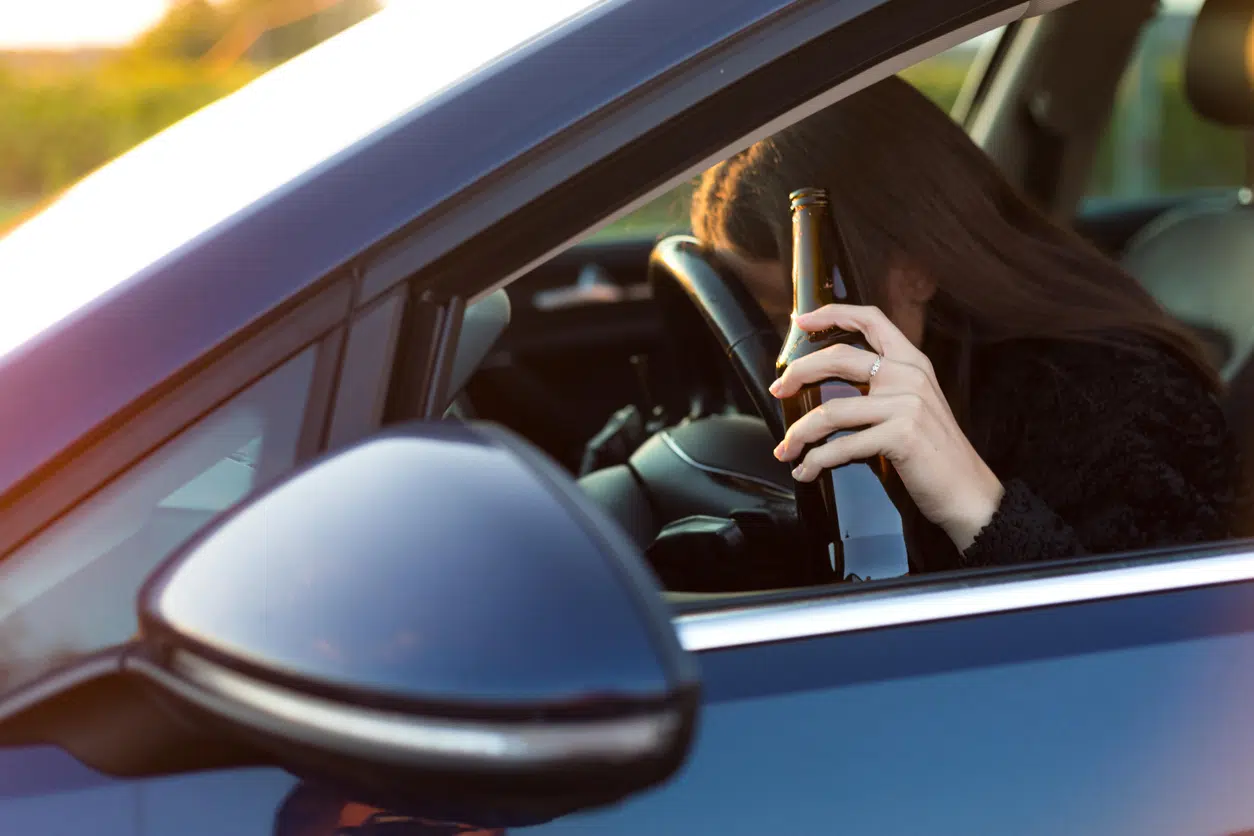When school is out for the summer, minors will spend more time at home and outside with friends enjoying the sunny weather, warmer temperatures, and longer daylight. However, this time of year is often associated with a significant spike in juvenile crimes in Texas.
The following are the most common types of juvenile crimes in the summertime:
- DUI – From house parties when parents out of town to asking an older relative to purchase alcohol, there are many opportunities for teenagers to drink and drive during the summer. Since anyone under the age of 21 years of age cannot legally consume alcohol, any detectable amount in a minor’s system can lead to DUI charges. If a driver is under 17 years old, it is considered a Class C misdemeanor, punishable by driver’s license suspension for a minimum 60 days, a fine not exceeding $500, and up to 40 hours of community service. Additionally, juveniles could face additional charges, such as underage consumption or possession of a fake ID.
- Drug possession – From cannabis to prescription medication, children can easily gain access to controlled substances. If a minor is convicted of a misdemeanor drug crime, they could be subject to probation for up to six months—or even until they are 18 years old. Additionally, teens are often required to enter rehabilitation and become subject to random drug testing.
- Sexual assault – The free time associated with summer gives children an opportunity to pursue romantic relationships. However, when hormones are going wild, sometimes teens end up pursuing sexual activities without consent. Since sexual assault is a serious crime in Texas, the court could charge a juvenile as an adult, meaning they are subject to adult criminal penalties.
- Theft or shoplifting – Since kids spend a lot of free time at malls and parents are away from home for most of the day, there is a considerable increase in theft and shoplifting crimes. Depending on the cost of the stolen property, a conviction can result in costly fines and restitution, probation, counseling, and even detention.
- Curfew – In February 2019, the Plano City Council unanimously reinstated juvenile curfew throughout the city. According to the law, minors need to be home between 11 PM and 6 AM from Sunday to Monday. From Saturday to Sunday, the curfew starts at 12:01 in the morning. Breaking the Plano curfew law is punishable by a maximum $500 fine.
Juvenile cases are handled differently from other cases, which is why our experienced juvenile crimes attorney at the Edgett Law Firm has the legal experience and knowledge to help children obtain the best possible outcomes in their cases.
To learn more, call our criminal defense law firm at 972-525-4963 or visit our contact us page to send us an email.
 Call Us Now
Call Us Now Email Us Now
Email Us Now

